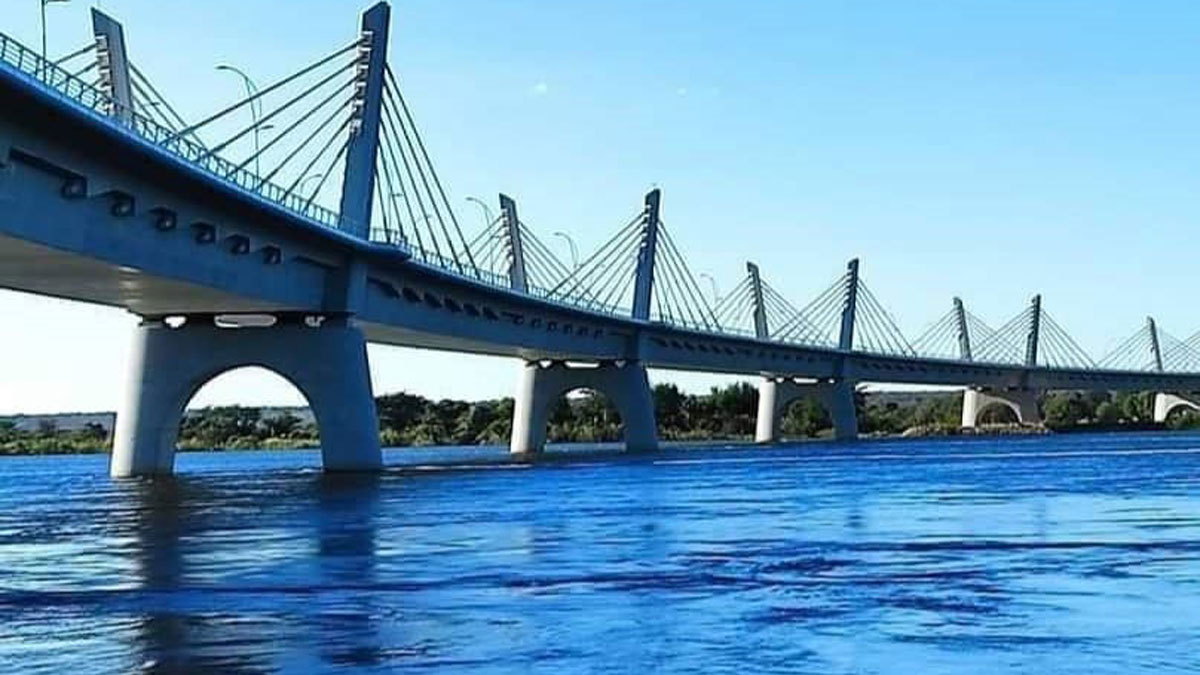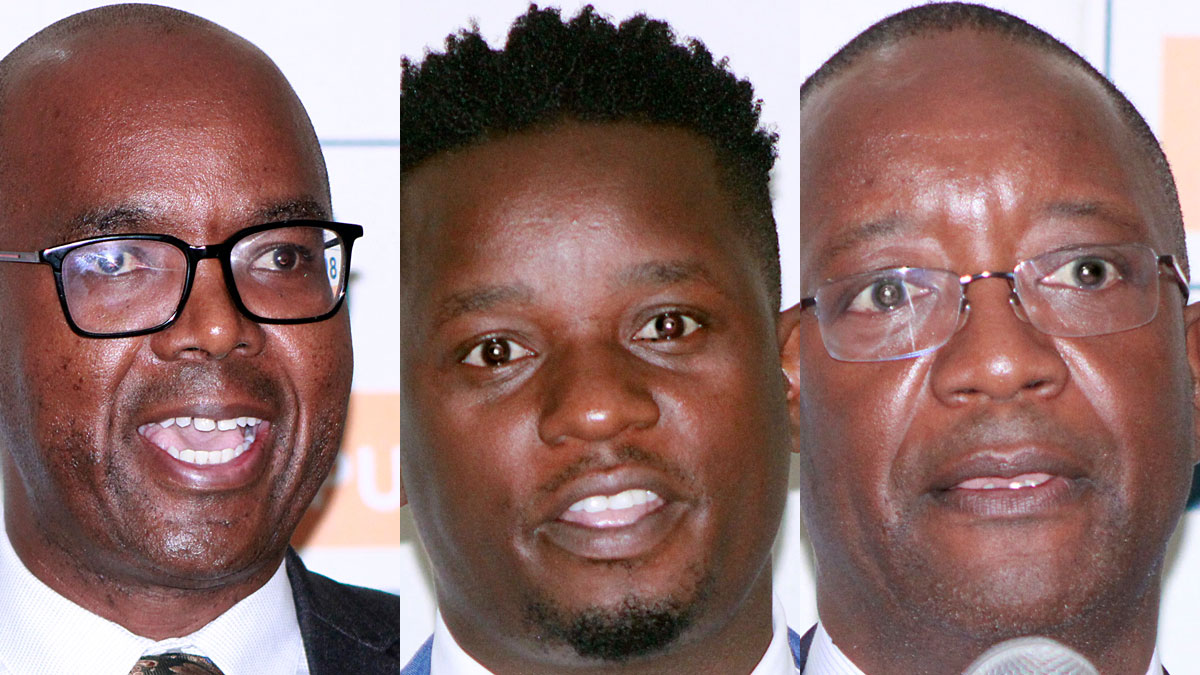In keeping with recent investments to improve the country’s transport infrastructure, the start of the 2023/24 financial year saw government allocate P3.17 billion to the Ministry of Transport and Public Works.
Strictly for development, the capital injection is much needed, with Botswana lagging way behind when it comes to smooth movement of goods, services and people.
The country’s major mode of transport remains roads, many of which are worn down and littered with potholes, while air and rail are still very much at an infancy stage.
Civil Aviation Authority Botswana (CAAB) CEO, Dr Bao Mosinyi was quick to highlight this depressing gap.
“We still have a lot of work to do in this area. When you look at air transport in country connectivity, [from Gaborone] we have only Kasane, Maun and Francistown, that’s where you can fly to!
“We have an airline which has a long way to go but has limited resources. Private sector participation is mostly around the Maun-Kasane in the tourism field. At one point we did have a passenger train but it is not there anymore. There have been long talks about developing some rail line to Namibia and South Africa, but what we need to be asking ourselves is where is the talk and progress. The challenges facing our transport sector are enormous but they present us an opportunity to do better for our people,” stated Mosinyi, while giving an overview of the transport industry at the Botswana Transport and Energy Summit press briefing this Tuesday.
Slated for Gaborone on 6 -8 June, the expo is set to address issues surrounding all modes of transport as well as the role of energy in Botswana’s economic development.
In the past, Botswana has invested in key infrastructure such as the Kazungula Bridge to ease movement of goods and people to central Africa.

While this has helped ease congestion at the border, the country remains overly-reliant on the 700km rail line inherited from the colonial era.
With rail regarded as having the potential to take Botswana’s economy forward, especially with the country producing coal and copper that needs exporting, there are a number of projects in the pipeline aimed at improving nation’s railroads.
These include the Kazungula Railway Corridor, Trans Kalahari rail, Lephalale-Mmamabula, all of which are stuck at the planning stage and will require massive amounts of Pula to finance.
“To be able to integrate all this systems to work better for our industries and people we need to rely on technology since it can move us forward. So we should invest in technology looking at everything from alternative fuels, storage systems and updating data. Integrating different modes of transport will even change people travel behaviour more especially making connectivity simple since that is what is going to move us forward. Our challenge is that transport infrastructure is very capital intensive,” admitted Dr Mosinyi.
According to the latest information from Statistics Botswana, only 216, 059 tonnes of goods were transported via rail in the final quarter of 2022.
Taking his turn at the podium, Kwa Nokeng Oil CEO, Mahube Mpungwa noted the pandemic had proved an eye-opener for Botswana it terms of both transport restrictions and fuel supply.
“We saw how the transport sector impacted us on Covid-19 in terms of getting goods across the country. Shelves were empty and fuelling stations were running at their all time lowest because there were no deliveries. So what we learnt is the significance of the transport sector to drive the economy and change lives.
“With regards to energy we realised that our security of supply is not safe because we were somehow exposed because we relied on a number of terminals to supply us in South Africa but when they closed it affected us. So issues of fuel security and value chain development are game changers and key to how we reshape our economy going forward,” mentioned Mpungwa.
For his part Progressive Institute CEO, Mmoloki Mmolotsi echoed a similar view.
“These sectors strengthen connectivity at all levels therefore helping with integration of economies, improving social equity, enhancing rural-urban linkages and building resilience.
“One of the biggest challenges is how to plan, deliver and invest in infrastructure and energy for sustainable urban transport. Meeting these challenges will require a transformation to the way in which urban transport is managed,” said Mmolotsi, adding that government spends at least 15-20 percent of annual investments on the transport sector, reflecting its important role in the overall economy.






